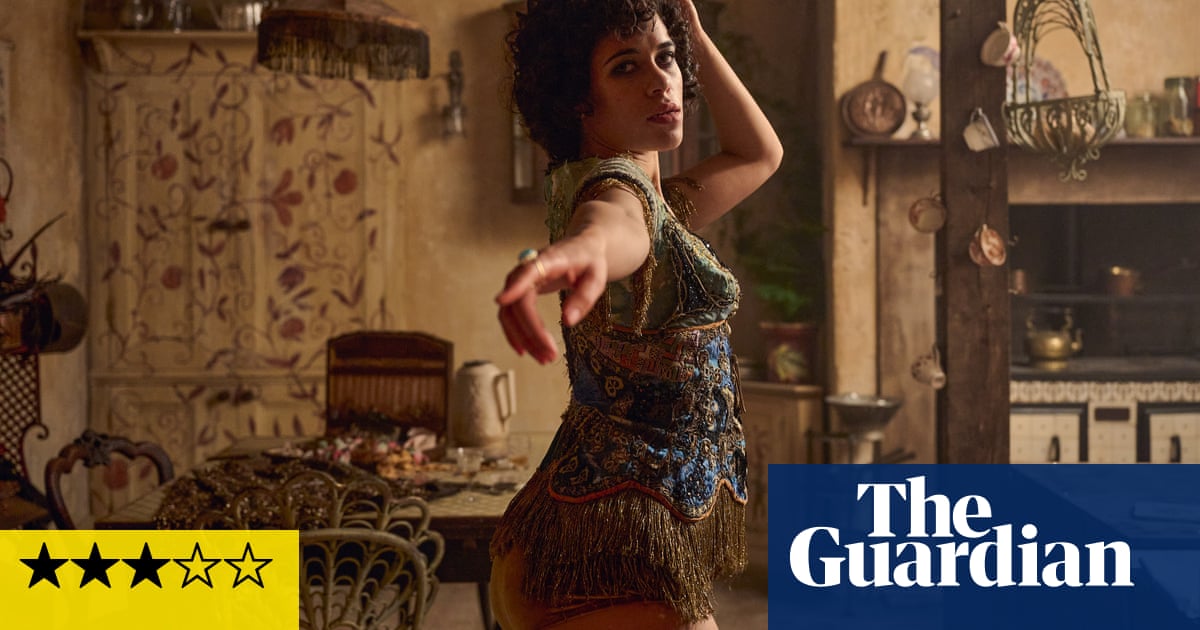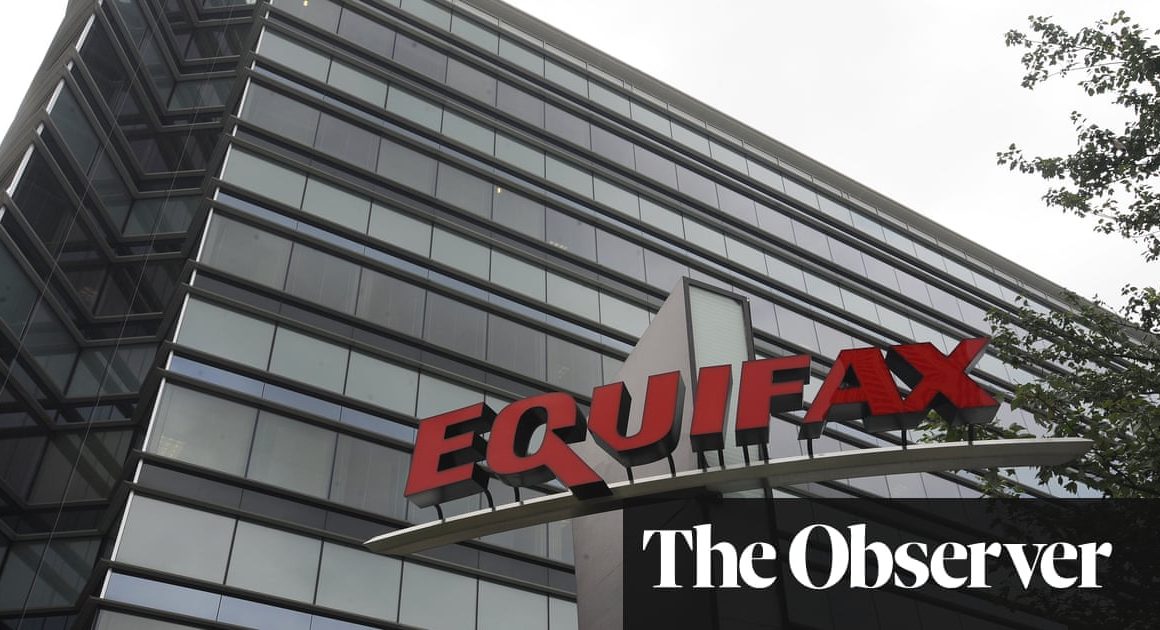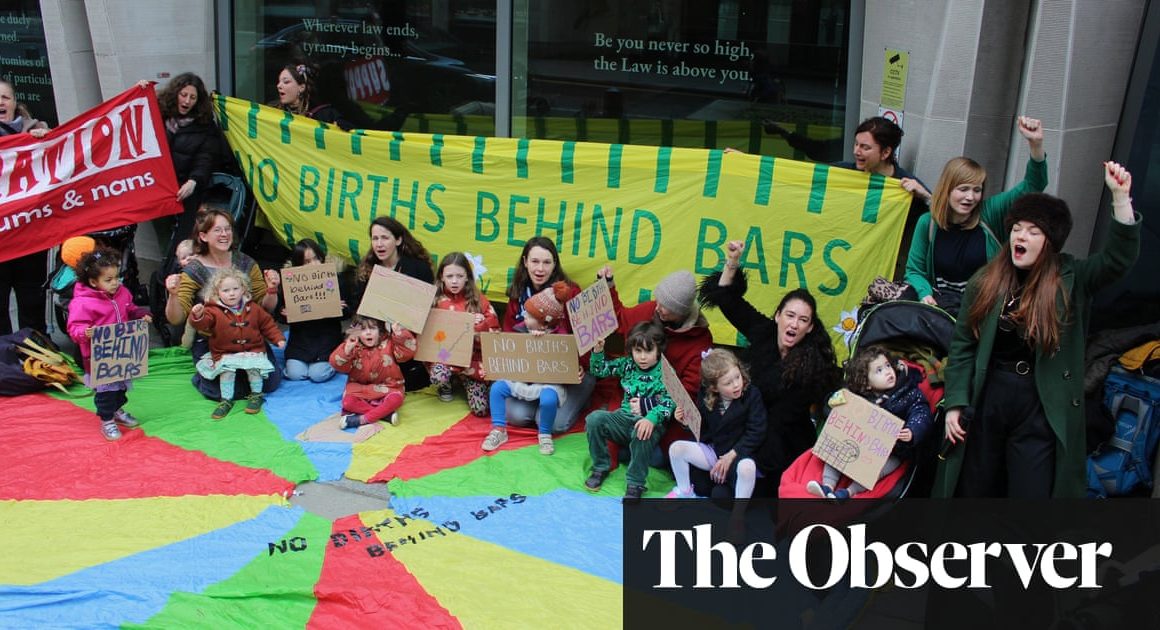The Peaky Blinders comparisons have been flying around ever since filming on Dope Girls began, so it sounds as if the BBC was hoping that it might have a successor on its hands. Certainly, there are some superficial similarities between the two. Dope Girls is set in 1918 and deals with the aftermath of the first world war, as the surviving men return. But here, it’s the women who are in the spotlight, as the female workforce of the past four years suddenly find their newfound social status has been relegated once again. In mood and tone, however, it is less a return to Small Heath, and more of a predecessor to Cabaret.
Kate Galloway (Julianne Nicholson) is a businessman’s wife and wartime butcher, who falls on hard times after a family tragedy. Destitute and homeless, she heads to London, where Armistice Day is looming and the party of the century is about to kick off. With the help of a bright dancer named Billie (Umi Myers), who is as talented as she is troubled, Kate finds her way into the clubland underworld of Soho, where she spies the potential to apply her previous workplace-based knowledge, and sets the ball rolling on building a new empire of nightlife.
Joining Kate and Billie is Kate’s daughter Evie (Eilidh Fisher), who begins the series at a fancy boarding school where she is bullied for being from “the slums” – ie she is not landed gentry. Little Women’s Eliza Scanlen is Violet, a young woman from the north of England taking part in “the Female Experiment”, in which 10 women are recruited as the country’s first ever female police officers. Geraldine James, who has been the cherry on the top of a strong female ensemble cake ever since Band of Gold in the 1990s, plays Isabella Salucci, the matriarch of an organised crime family who soon finds herself entangled with Kate’s new venture, and not necessarily in a female-solidarity sort of way.
Created and written by the playwright Polly Stenham, with Alex Warren, it is a theatrical affair from the off. It opens with a flash-forward to Kate, soaked in blood and wearing angel wings, frolicking in a fountain in Trafalgar Square; there are plenty of moments when it all goes a bit like a Florence + the Machine video. The first episode establishes how she got there in the first place, but as it must cover a lot of ground, the early mood is skittish and unsettled. It also includes the copious use of Heartstopper-style text graphics, to annotate and explain some of the scenes. One particularly egregious example read “Paaaaaaarty!” over the start of, well, a party. I didn’t love it, but perhaps it is an attempt to win over a younger audience.
The show finds more confidence when everyone has been moved into position and the fireworks are finally allowed to begin. As Kate looks to make the most of what life has thrown at her, Violet must prove herself as a police officer by going undercover with Soho’s dancers, criminals and thieves. Both harbour huge secrets that will inevitably be exposed. It’s impossible to root for one over the other, even though they are technically opposing forces, because both are outsiders, and desperate in their own ways.
The timing does feel a little unfortunate. The problem with suggesting it as an heir to Peaky Blinders is that Steven Knight, that series’ creator, has just released another period crime drama, A Thousand Blows, which is also (partly) about female gangs in London. It is set about 40 years earlier, but it, too, deals with outsiders creating their own criminal economy, and women who seek or possess power beyond the levels expected of them. Its energy, however, is bigger and bolder; it spends more time on the story and less time searching for a beautiful angle. A wag might argue that what Dope Girls shares most with Peaky Blinders is a tendency for all accents involved to go wandering around the globe, before settling somewhere, anywhere, in the UK. But that would be impolite.
Dope Girls takes place in a busy period, historically, and crams in clandestine same-sex affairs, the 1918 flu pandemic outbreak, spiritualism and empire, among many other ideas. All of this creates a hectic, sometimes fussy scramble.
But Dope Girls is in no way a bad series. Its ambition is entertaining, and it is hard to get bored, especially when the crime really gets going. If it is skewed towards a younger audience, then it certainly doesn’t skimp on the brutality or the gore: limbs are severed, tongues are removed and eaten, and you wouldn’t want to guess where a hairpin ends up. It is fun, gory and lively, then, if a little too in love with its own reflection.











